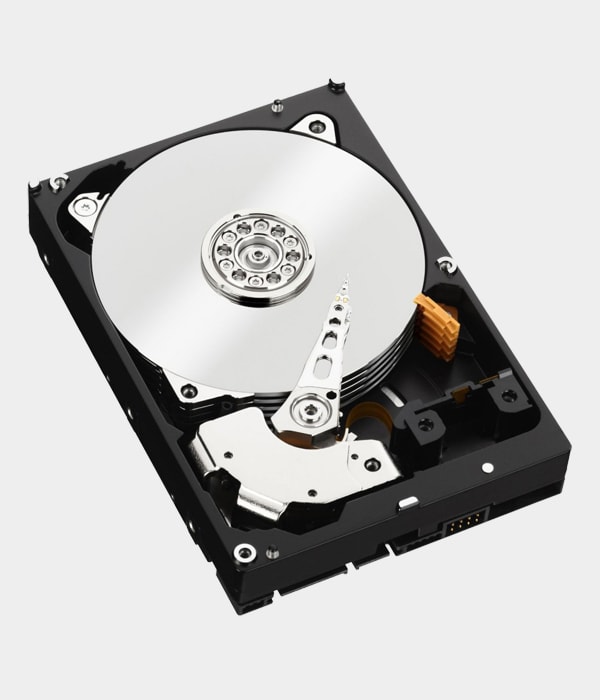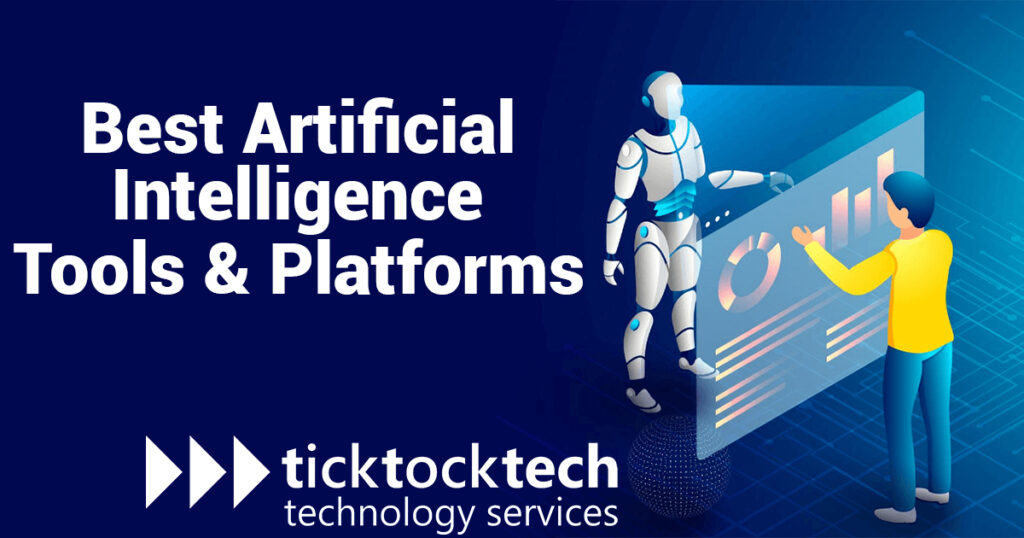No need to mention how important Information technology is in this century. It influences different, or should I say every part of our modern life. From education to entertainment, to businesses. There are problems IT hardware and software have provided solutions to. In businesses especially, everything that will make operation easier is always relevant, and essential. This is what IT solutions are to be a business. They streamline the business operation, but it is on track, securing it, maintaining its IT infrastructures, improving efficiency, and increasing profitability. For both small and large businesses, here are the top 10 IT solutions that will put the business on the right track, for every department. Walk with me…
1. Cybersecurity
IT devices are devices that work with data, and these data must be protected. Protecting your company’s digital assets is essential given the increase in cyberattacks and data breaches. In the realm of IT, cybersecurity is still essential since assaults are becoming more sophisticated every day. This suspends operations and typically results in financial losses. Investigating cybersecurity IT solutions, however, can stop this from occurring.
Related: What are the types of Computer repair and their uses?

Putting in place robust cybersecurity protections is about protecting your company’s core values, not just protecting data. Staff training, firewalls, and antivirus software are just a few of the solutions small businesses need to safeguard their digital assets.
Investing in cutting-edge threat detection systems, encryption technology, and thorough staff awareness training is essential for larger firms. A strong defense against evolving cyber threats is made possible by a multi-layered approach.
2. Onsite & Remote IT Support
Any hardware or software problems that businesses may encounter with their operational IT systems are handled by IT support. Included are computers, printers, smart devices, security systems, and other devices for communication. Businesses may swiftly fix minor issues with software, in particular, by using remote IT support. Conversely, physical service or onsite repair requests are fulfilled faster. Technicians will visit you rather than transporting your IT equipment, which is quicker and more effective for company continuity.

Related: How to choose between Onsite and Remote IT support for your business.
Outsourcing IT support services may be advantageous for small organizations as they offer affordable solutions without requiring internal IT personnel.
On the other hand, larger companies could decide on a hybrid approach that mixes remote assistance for teams that are spread out geographically with on-site support for critical infrastructure. This adaptable approach ensures that timely and efficient support is just a phone call away, regardless of whether a problem arises in the office or a remote worker has a technology issue.
3. Cloud Computing
Organizations can benefit greatly from storing any software-related things on the cloud. Instead of storing data and programs on-premises, businesses may utilize cloud computing to access and store them online. Not only does this make remote work and collaboration possible, but it also reduces the need for physical storage space.
The vast amount of storage space at your disposal allows for unparalleled scalability and flexibility. Small businesses can benefit from cloud solutions since they lower the initial investment required for physical infrastructure.

Related: Best cloud-based server for small businesses in 2024
You can be certain that your small business’s IT infrastructure can grow with you thanks to services like Microsoft Azure and Amazon Web Services (AWS), which offer seamless scalability. Because of the cloud’s scalability, large businesses may easily adjust their resource allocation to meet fluctuating demand. Regardless of the size of the organization, using cloud computing reduces operational expenditures while boosting collaboration and accessibility.
See Also: Cloud computing strategies for businesses
4. Data Analysis and Business Intelligence
Data analysis and business intelligence are vital for organizations to make educated decisions. If you want to make sense of the massive amounts of data created daily, you need a solution that can help. You get to utilize software programs to get the analysis of your business performance. These performance reports will strengthen your future business decisions and budgets.

Insights, patterns, and trends may be found through data analysis and business intelligence solutions, which can aid firms in making strategic decisions. Additionally, these technologies may help businesses make decisions and forecasts based on data.
Small businesses may be able to transform raw data into successful strategies by utilizing user-friendly analytics platforms such as Tableau or Google Analytics. Business Intelligence (BI) solutions, such as SAP BusinessObjects or IBM Cognos, allow for complex data analysis and forecasting and are often invested in by larger companies.
5. Web & Software Development
The development of websites and software is necessary for businesses to automate tasks and maintain an online presence. Businesses now want specialized web and software solutions to fulfill their unique needs in light of e-commerce and the digital industry.
To build an affordable and aesthetically pleasing website, small businesses usually choose user-friendly platforms like WordPress or Wix. Small businesses may create a digital store without requiring extensive technical knowledge because of these platforms’ pre-made layouts and user-friendly interfaces.

However, to meet specific business objectives, large corporations spend money on specialized software and websites. Professional developers provide custom solutions with pleasing UI and UX that guarantee scalability and seamless integration with existing systems. The goal is the same for both small and large businesses, whether they are investing in new software or revamping a WordPress website to better interact with their target audience online.
6. Customer Relation Management Software
An organization’s ability to handle client contacts and data is greatly enhanced by customer relationship management (CRM) software. Customer relationship management software has the potential to improve customer service, streamline sales processes, and provide valuable insights into consumer behavior.

To succeed as a business, customer relationship management is essential. Software for managing customer relationships, such as Zoho CRM or HubSpot, is often used by small firms. Software like this automates boring tasks and gives businesses valuable insight into customer interactions, both of which assist with communication. The multi-hatted small company owner may increase efficiency and foster customer loyalty with the help of customer relationship management software.
Larger firms with extensive client bases must implement advanced customer relationship management solutions such as Salesforce. Businesses can better understand consumer behavior, tailor interactions, and fuel targeted marketing campaigns with the use of enhanced data provided by these platforms.
7. Data Backup & Disaster Recovery
Businesses need data backup and disaster recovery to preserve their digital assets and maintain continuity in the event of a disaster or data loss. With the growing amount of cyber-attacks and data breaches, organizations must have a solid data backup and disaster recovery plan in place.
Related: Data backup and recovery strategies for businesses
Because of their convenience and accessibility, small companies frequently use cloud-based backup options such as Dropbox or Google Drive. This assures that even tiny businesses may restore critical information in the case of data loss.

Large organizations dealing with enormous datasets require more extensive data backup and disaster recovery solutions. Robust backup solutions, such as Veeam or Commvault, enable automatic backups, assuring data integrity and minimizing downtime in the event of a disaster. Whether it’s a small boutique using Google Drive or a global organization employing Veeam, the emphasis is on risk mitigation and business continuity.
8. Artificial Intelligence & IoT
Businesses may utilize AI to improve customer service, automate operations, and get important insights into consumer behavior. In contrast, IoT may assist businesses in connecting their equipment and gathering data to better their operations and decision-making.

Small businesses are experimenting with AI by employing chatbots to improve online customer care. These AI-powered chatbots improve user experience by reacting quickly and do not require continual human supervision.
Related: How to create a chatbot for customer response with no code
Larger multinational organizations use IoT and AI to improve process optimization and predictive analytics. AI systems mine massive databases for essential information for strategic decision-making. IoT devices that are linked provide seamless communication, simplifying supply chains, and enhancing operational performance.
See Also: Top 10 Artificial intelligent AI tools and platforms in 2023
9. Networking
Networking is essential to every company’s IT infrastructure. For corporate communication, cooperation, and data sharing, a reliable and secure network is necessary. Advanced networking systems focusing on dependability, scalability, and security will emerge in 2024.

One important networking development is the use of NFV and SDN technologies. Small businesses utilize VPNs to safeguard connections made by remote workers. Both NordVPN and ExpressVPN encrypt data to keep intruders out. For small organizations with few employees, this maintains the strength of the digital tapestry.
Large businesses are adopting software-defined networking due to their complex networks and operations. To increase scalability and flexibility, SDN technologies like VMware NSX and Cisco ACI centralize network administration. Both a large company using SDN to speed up operations and a tiny coffee shop using a VPN to safeguard its Wi-Fi are looking for safe and efficient digital communication.
10. Collaboration Tools
Lastly, cooperation is critical to the success of any organization, and technology may play a vital role in fostering cooperation among team members, partners, and customers. Businesses may anticipate more advanced collaboration solutions that enable smooth communication, information sharing, and project management in 2024.
Related: Pros and Cons of management tools
Microsoft Teams is a popular collaboration application that provides a centralized platform for chat, video conferencing, file sharing, and project management. Other popular collaboration platforms include Slack, Zoom, and Trello.

These systems provide real-time communication, file sharing, and project management, boosting cooperation without the need for substantial IT infrastructure.
Collaboration technologies go beyond simple communication for huge businesses. Atlassian’s Jira and Asana provide project tracking, ensuring that teams across countries stay in sync. These tools, which integrate with cloud-based storage systems, enable worldwide cooperation.
Takeaway – Top 10 IT Solutions for Your Business in 2024
Top IT solutions change the way businesses operate. Small businesses use remote support and cloud agility, while giants embrace networking complexities and cutting-edge solutions, from cybersecurity fortresses to collaborative ecosystems. These solutions go beyond the technical, becoming strategic partners, improving connectivity, and future-proofing operations. These IT solutions are more than tools as organizations traverse the digital era; they are the compass directing success in an infinite future of possibilities. Accept technology, take a step ahead, and let connectivity know no boundaries.
FAQs
IT solutions include a variety of technologies and services that organizations may use to improve their operations, productivity, and competitiveness. Networking, collaborative tools, managed IT support, cloud computing, cybersecurity, and data analytics are examples of these solutions.
Managed IT support includes a variety of services that firms may outsource to a third party, such as 24/7 monitoring, patch management, backups, and help desk support. Businesses may free up internal personnel, cut IT expenses, and increase overall IT efficiency by outsourcing IT management.
IT solutions may benefit organizations in a variety of ways, including better communication and collaboration, simplifying processes, boosting productivity, lowering costs, and strengthening security. Businesses may gain a competitive advantage, boost customer happiness, and achieve their objectives by employing the proper IT solutions.

